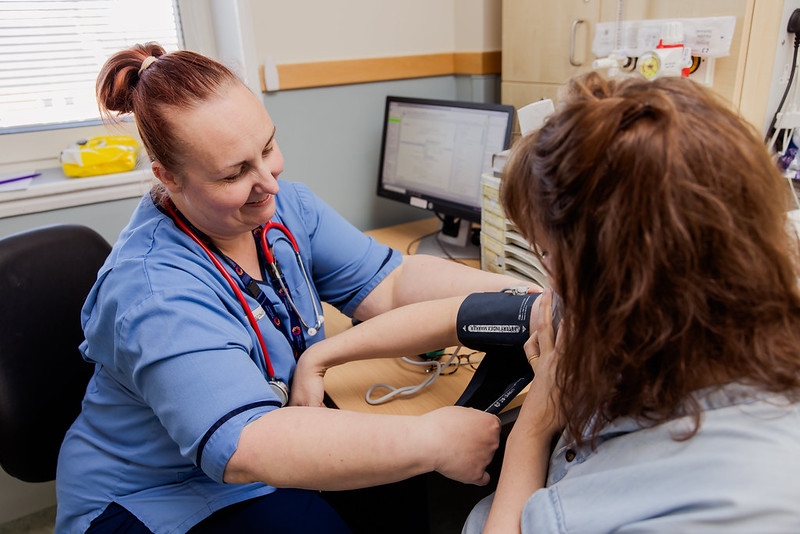A report on the health and social care workforce by the Institute for Public Policy Research (IPPR) has highlighted the growing workforce crisis and called for a long-term sustainable solution ‘to give workers hope’. The report has been produced by the IPPR’s Workforce Assembly, a body made up of clinicians from health and social care including a midwife and maternity support worker.
The Royal College of Midwives (RCM) has welcomed the report which highlights a lack of planning for future trends and demands, and the ‘British propensity’ to adopt sticking plaster solutions to NHS workforce crises. Demands on NHS services – such as increasing A&E admissions and diagnostic activity – have been outstripping the supplies of staff into health services says the report, and have led to the current workforce crisis.
“The RCM contributed to this report, and we wholeheartedly agree with its findings and support its recommendations. It recognises the central problems of recruitment and retention and the need for that to be tackled and solved,” said Sean O’Sullivan, the RCM’s Head of Health and Social Policy. “What we need to see now is the political will and buy-in from the Government and to see this report’s core principles echoed in the long-delayed and urgently needed NHS workforce plan.”
The IPPR outline five guiding principles for the future of workforce planning and a 10-point plan for workforce policy in the report. The principles include sustainable staffing and recruitment, greater fairness including more equal pay and a better approach to innovation. The ten-point plan includes calls for:
- A circuit breaker to end the current ‘vicious cycle’ in the health and care workforce, covering a raft of measures including pay restoration, and recruitment & retention measures to improve working conditions such as free car parking and hydration breaks;
- The shift from a reactive workforce policy to long-term planning;
- A new health leadership programme;
- An increase support for women returning to work after maternity leave;
- and an expansion of the management workforce to increase capacity to adopt, adapt and spread innovation.
Clare McNeil, associate fellow at IPPR, said:
“England is prone to a healthcare workforce crisis and has often dealt with it by increasing international recruitment. However, this sticking plaster approach is no longer a viable solution as the UK becomes a less attractive place to work and a global shortage of health professionals emerges.
“Further delays to a much-needed workforce strategy is only going to exacerbate ongoing issues. Issues which are seeing early career health professionals burnt out and considering leaving just when we need them most.”
There should also be measures supporting women to return to work such as the right to flexible work following return to work says the report. Among other proposals is a personal training budget for clinicians and social care staff, including midwives.
“This report is another brick in the growing wall of evidence being built to highlight the plight of our members and the need for a plan that makes things better for them, and the people they care. We have a massive and worsening midwife shortage and this is hitting the safety of care and the health and wellbeing of staff. This must be addressed and urgently,” said Sean O’Sullivan.
The IPPR report can be read here.


